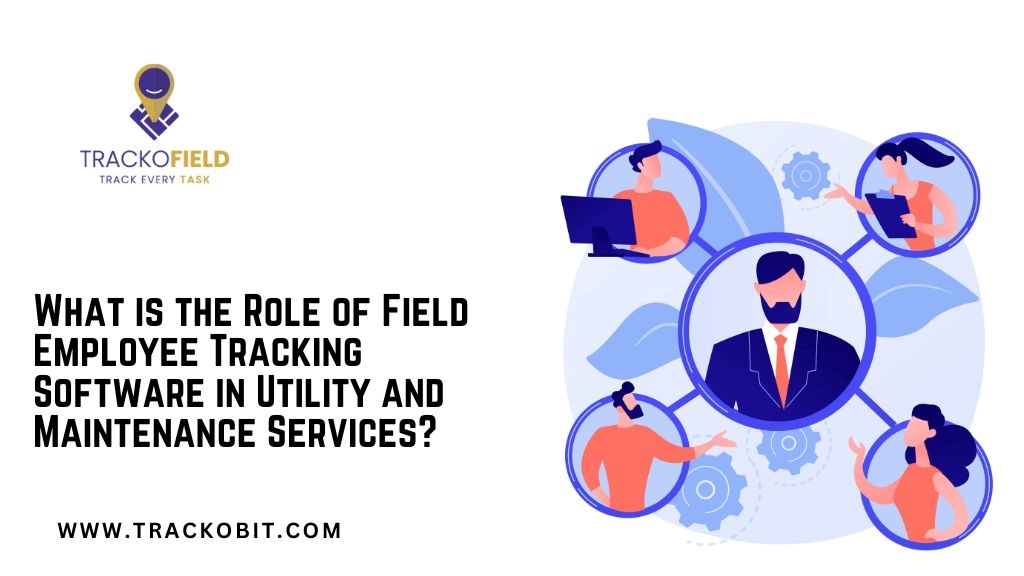
The society we live in today is full of ongoing crises that affect our personal and professional interactions. For instance, COVID-19 significantly affected the business world as a whole, and many companies went out of business as a result.
Businesses, their employees, and their assets can be insured for large sums through insurance policies, reducing their exposure to substantial medical and financial risks.
This is why the need for insurance management software has grown substantially in recent years.
Furthermore, many new businesses and entrepreneurs are inspired by the achievements of established custom software development company to create proprietary insurance systems.
However, many are still determining how to get started in a way that will lead to success and revenue. Costs are likely to rise if other services, such as AI Chatbot Development, are requested. The following is a summary of some of the major expenses associated with developing a mobile app in Dubai.
Therefore, we have compiled a comprehensive manual on developing insurance-specific software, which includes the following sections:
- What are insurance and its key types
- Insurance agency software market stats
- The core functionality of insurance solutions
- Key steps of building SaaS insurance software solutions
Enjoy your reading, and let's start with the definition.
What is InsurTech and Its Key Types
Similar to the more recently coined word "PropTech," "InsurTech" describes the revolutionary combination of insurance sector needs and technologies created to address those needs.
Insurtech refers to the creation of software for use in the insurance industry to automate routine tasks, decrease expenses, raise levels of customer satisfaction, and maximize productivity.
Now that we know that there are dozens of software types out there let's find out what kinds of software insurance businesses use.
Insurance document management software
Common forms used by brokers in their interactions with insured clients include policyholder agreements, customer proofs, policy applications, and contracts.
Insurance automation software
By automating and streamlining routine tasks across departments like sales, marketing, lead management, human resources, customer care, and more, this type of software product is invaluable to the success of insurance companies.
When you consider that insurance businesses deal with hundreds of multicomponent touchpoints daily, it's easy to see why insurance automation software is crucial to the industry.
Insurance policy management software
Producing, processing, customizing, and administering customer insurance policies is crucial for insurance agencies.
By automating facultative arrangements and reinsurance treaties, the policy management software provided by insurtech firms enables organizations to reduce insuring risks and perform reinsurance activities efficiently.
Insurance underwriting and rating software
Underwriting is a key procedure for insurance firms since it determines how much of a financial risk the business has when insuring clients' homes, cars, health, and other valuables.
Insurance underwriting and rating software helps simplify and clarify the underwriting process, freeing up staff time to concentrate on strategic initiatives.
In other words, all that insurers require is the preparation of rules and policies that will enable the software to automatically carry out the required activities, thereby reducing the likelihood of human mistakes and eliminating several tedious manual procedures.
Insurance claims management software
This digital technology enables insurance companies to automate the development of claims records, manage payments in various ways, verify fraud claims, and administer policies.
So, insurance claims software helps businesses save money in the long term by automatically processing vast amounts of accurate data securely, identifying fraudulent claims, and collecting the earliest indications of loss.
CRM software for insurance agencies
The insurance industry is no different from any other: it requires lead creation and management, customer communication, and the constant tweaking of marketing strategies, among other things.
However, insurance firms are unique among industry-specific businesses in the volume of confidential information that must be protected during storage, retrieval, processing, and transmission.
Consequently, insurance broker interactions with clients can occur in secure collaboration and deal rooms, where confidential documents can be shared, policies signed, and digital payments can be made using the most up-to-date security measures.
Insurance quoting software
Time spent negotiating with prospects and clients looking to purchase or renew insurance policies can be greatly reduced with quotation software for insurance agencies.
This software form enables businesses to create tailored and pre-made negotiating scenarios that benefit all sides.
Insurers no longer have to personally speak with thousands of potential customers over the phone or in-person to explain policy provisions and payout estimates.
Instead, insurance quoting software fully automates these processes and requires a single set-up adjustment and integration with a mobile app or web-based form.
Benefits of Insurance Software Solutions
We want to discuss some of the most important benefits your insurance agency can reap from adopting or utilizing cloud-based software.
#1 Reduce operational costs
The best insurance software, developed in collaboration with an insurtech software development company, can help your business reduce the occurrence of human mistakes, the length of agreements, and the loss of important documents.
By freeing up workers from tedious manual tasks, you can cut down on overhead while simultaneously increasing output and reducing errors caused by human error.
#2 Improve your compliance management
Your insurance firm can adapt easily to the ever-changing regulatory landscape with the help of custom insurance business software, which includes a built-in compliance protocol.
Manually altering directions and resolving costly mistakes can be avoided with better compliance management.
Furthermore, this software will enable your business to guarantee that all processes within your funnel are progressing optimally.
#3 Enhance customer service
As was previously said, insurance quoting software streamlines the process of responding to inquiries from potential customers and current clients by providing them with instantaneous, pre-made estimates.
As a result, both sides save time, which is good for customer service and keeping customers returning.
Your customers can get the convenient service they require with the help of insurance CRM software's countless opportunity management tools.
The insurance industry can benefit greatly from customer relationship management software because it provides a clear picture of client behavior, allowing for the automatic dispatch of upsell and cross-sell signals to sales representatives and brokers.
#4 Leverage predictive analytics and reporting tools
To assess your teams' effectiveness and make choices based on hard data, in-depth data analysis is essential for any insurance business.
As a result, many insurance software developers are increasingly turning to AI algorithms and ML neural networks to power their predictive smart insurance analytics products.
High-probability analytics are developed for internal and external users based on their analysis of the vast amounts of data generated by your company's everyday activities.
Moreover, the predictive insurance software development company can instantly produce useful charts and graphs, transforming the raw data into aesthetically pleasing reports rich in information.
#5 Increase data accuracy
High accuracy of collected, processed, and supplied data is crucial in the insurance industry, as inaccuracies can lead to significant financial losses and a high rate of customer churn.
Therefore, your insurance firm must utilize cloud-based software with high-quality solutions to authenticate data accuracy.
System audits, address converters, payment verification systems, and policy data production are some of the most common corporate activities that call for data accuracy authentication.
In addition, with artificial intelligence algorithms and RPA (Robotic Process Automation) technology, insurance fraud software can speed up the investigation procedures and identify fraudulent claims automatically.
Conclusion:
The insurance industry isn't the only one where digitalization is crucial. Organizational performance reform appears to be first in line. New insurance software has the potential to lower costs, increase productivity, lighten the load, and win over more customers. The sum of these advantages increases the company's worth. In the eyes of policyholders and prospective customers, the insurance company can now be the quickest and best business thanks to the custom insurance software.



